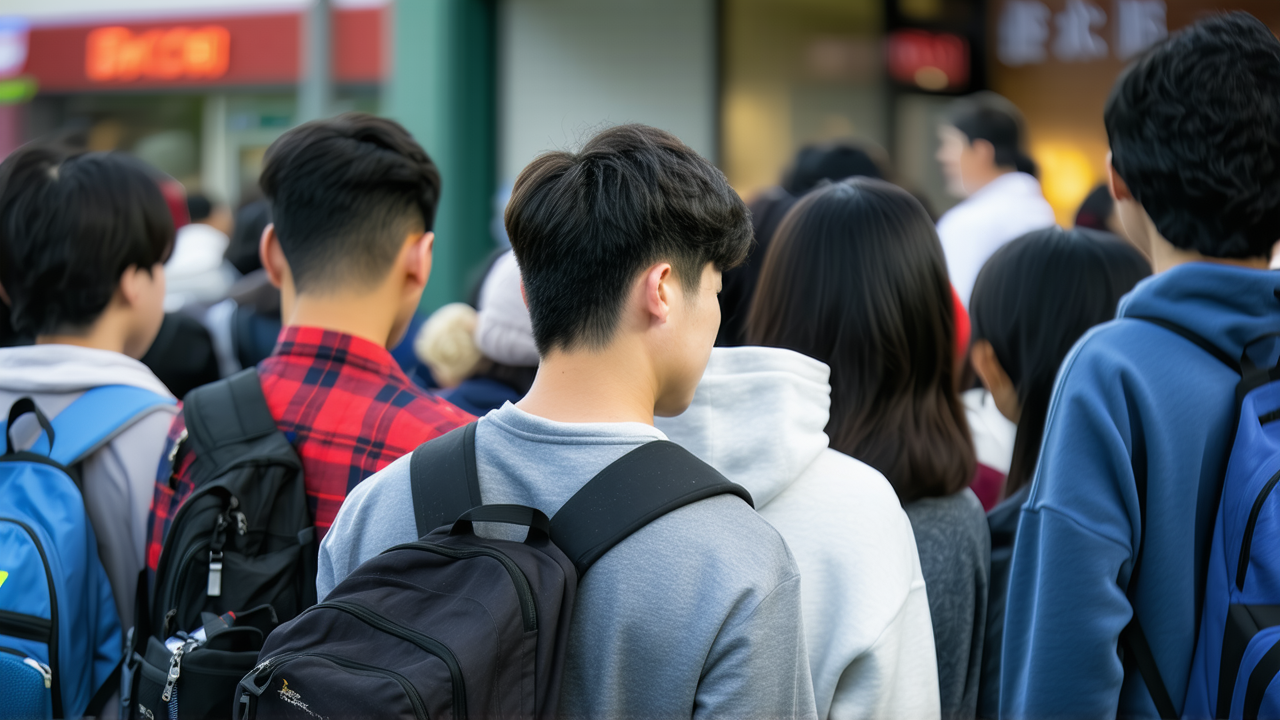Alarming Rates of Bullying and Depression Among Asian New Zealanders Revealed
Alarming Rates of Bullying and Depression Among Asian New Zealanders Revealed
A new report has uncovered what many are calling a "silent crisis" in the mental health and well-being of Asian New Zealanders. The New Zealand Asian Well-being and Mental Health Report, released on Wednesday, reveals that nearly half of Asian parents reported their children had experienced bullying at school in the past year. The report also highlights a significant increase in depression rates, particularly among younger generations.
School Bullying: A Deepening Concern
According to the report, 46.3% of Asian parents said their children had been bullied in the past year. Of those, 39.5% were from Indian families, and 32.6% were from Chinese families. The most common forms of bullying reported were verbal bullying (71.8%) and social bullying (36.9%), which include isolation and spreading rumors. Physical and cyberbullying also accounted for 34.6% and 14.1% respectively.
The report found that younger students were most affected, indicating that bullying often begins at a young age. Children who experienced bullying were reported to show signs of anxiety, social withdrawal, low self-esteem, and even depression and self-harm. However, only a third of parents were satisfied with how schools addressed bullying incidents.
Depression Rates Soar, Especially Among Younger Generations
Over half (57.2%) of the respondents showed signs of being at risk of depression, a significant increase from the 2021 report (44.4%). Among those at highest risk, Korean (69.1%) and Indian (63.5%) communities were most affected, while the Chinese community had the lowest rate of high-risk depression (53.6%).
Depression was most prevalent among those aged 18 to 29 (72%), with women (60.3%) more likely than men (53.9%) to show signs of depression. The report also noted that life satisfaction among Asian New Zealanders has dropped significantly by 11.4% since 2021, particularly among young people and those living in urban centers.
A Call for Cultural Sensitivity and Support
Kelly Feng, CEO of the Asian Family Services, the organization behind the report, described the findings as "shocking". She highlighted the lack of confidence among Asian parents in seeking professional help and their reluctance to escalate issues, leading to decisions like changing schools or even moving cities.
Feng emphasized the urgent need for culturally sensitive interventions in schools, workplaces, and healthcare systems. The report recommends developing a nationwide anti-bullying strategy, funding community navigators for schools, and increasing access to mental health services. It also suggests training teachers in bullying prevention, creating parent toolkits, and establishing peer support networks.
Discrimination and Lack of Support
Discrimination remains a pressing issue, with over a fifth of respondents (22.2%) reporting experiencing racial bias. Feng stressed that the Asian community is facing a mental health crisis, often without adequate support.
The report was commissioned by the Ethnic Communities Development Fund, managed by the Ministry for Ethnic Communities. It was conducted online between May 2 and May 21, gathering responses from 1,016 Asian adults across the country.
Support Resources Available:
- Asian Family Services: 0800 862 342
- Youthline: 0800 376 633 or text 234 1737
- Lifeline: 0800 543 354 or text 4357 (HELP)
- What's Up: 0800 942 8787 or www.whatsup.co.nz
- Samaritans: 0800 726 666
- Suicide Crisis Helpline: 0508 828 865 (0508 TAUTOKO)
If you or someone you know is in immediate danger, please call 111 right away.
